Our Latest Articles
-
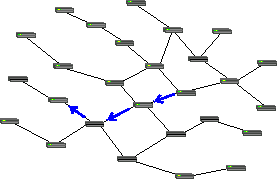
Packet Forwarding
Packet Forwarding is the process of a networking component accepting a packet and transmitting it to its destination.
-
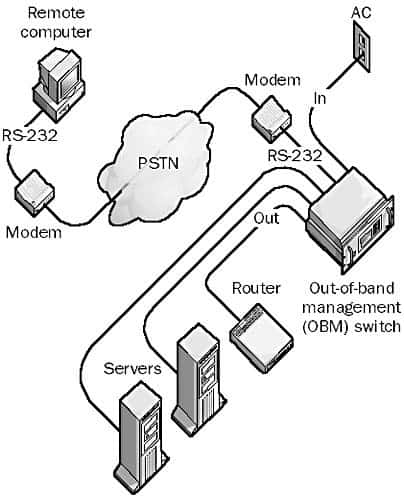
Out-of-Band Management (OBM)
OBM stands for Out-of-Band Management, is a method of remotely managing the wide area network (WAN) telecommunications components of your network by using a secondary serial communication link.
-
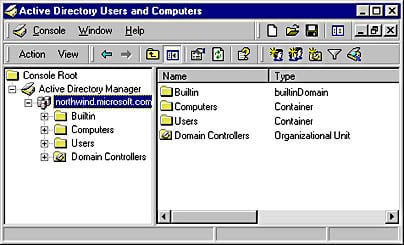
Organizational Unit (OU)
Organizational Unit is a type of container object in Active Directory of Microsoft Windows 2000 that can contain other Active Directory objects.
-
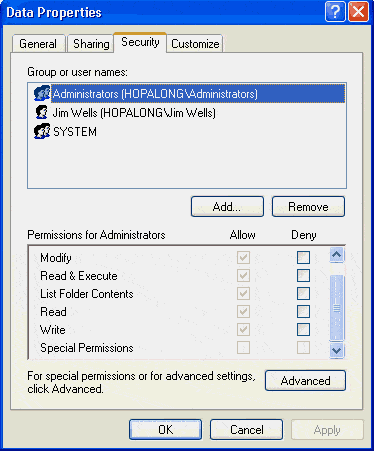
NTFS special permissions (Windows NT)
NTFS Special Permissions are individual permissions granted or denied when NTFS file system standard permissions are not sufficiently granular for specific security purposes.
-
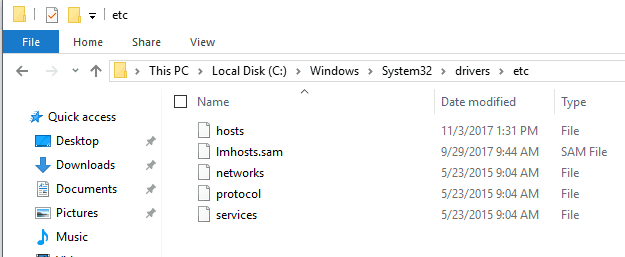
The Networks File: A Relic of Past Networking
Discover the legacy of the Networks File in Windows systems. Learn how it worked, how it differs from Hosts and lmhosts files, and why it’s obsolete.
-
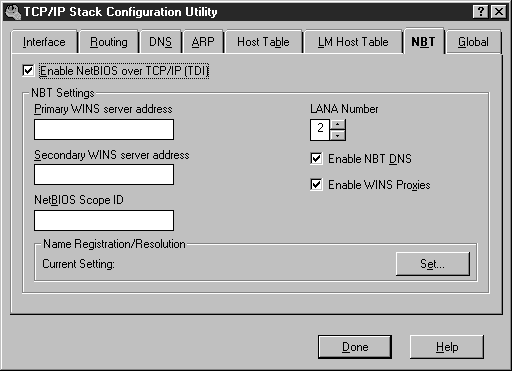
NetBIOS Scope ID
NetBIOS Scope ID is a character string appended to a NetBIOS name of a host that identifies the host as belonging to a specific group.
-
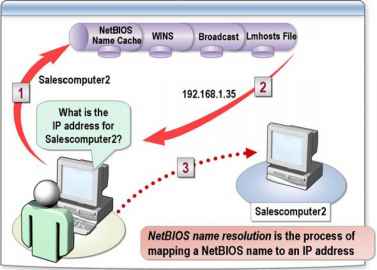
NetBIOS name resolution
NetBIOS Name Resolution is the process by which the NetBIOS name of a computer is resolved to its IP address.
-
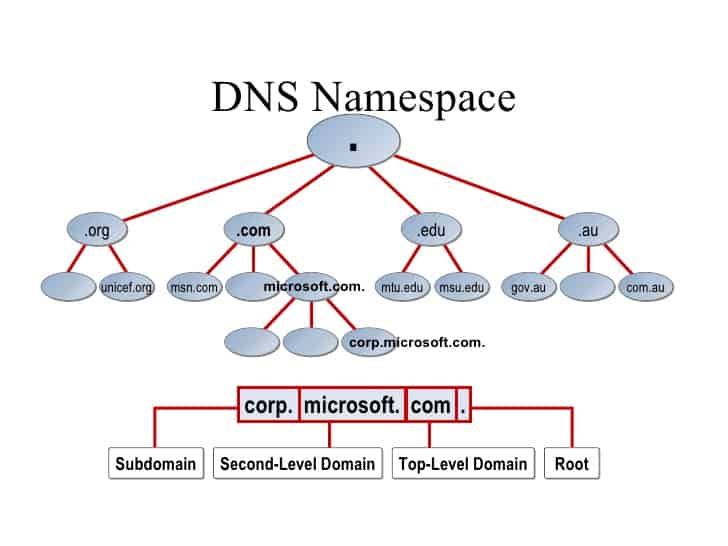
Namespace
Namespace is the abstract space or collection of all possible addresses, names, or identifiers of objects on a network, internetwork, or the Internet.
-
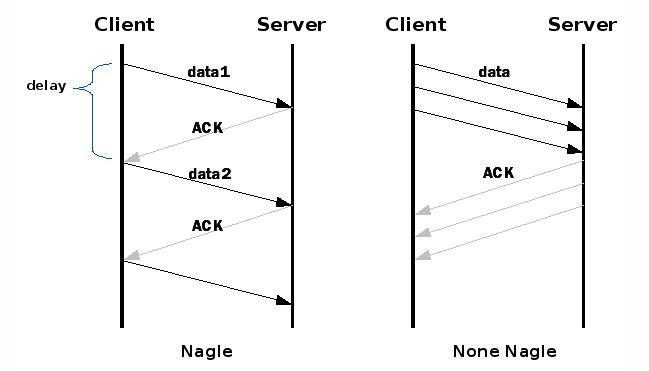
Nagle’s Algorithm: The Network’s Silent Maestro
Nagle’s algorithm is an algorithm used in implementations of TCP/IP that controls traffic congestion on a network.
-
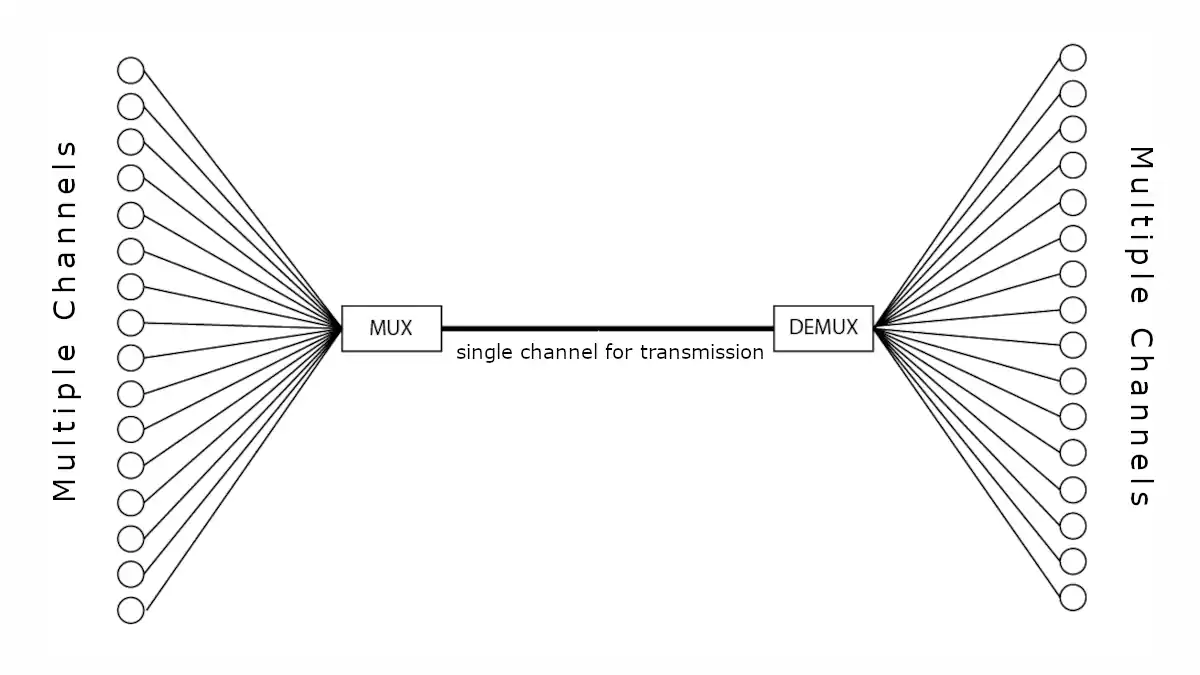
Multiplexing
Your ultimate source for understanding Multiplexing. From frequency-division to code-division, learn how it’s used in areas you’d never expect.
-
Microsoft Systems Management Server (SMS)
Definition of Microsoft Systems Management Server (SMS) in Network Encyclopedia. What is Microsoft Systems Management Server (SMS)? SMS is a Microsoft BackOffice application for managing an organization’s networked computers. Microsoft Systems Management Server (SMS) lets network administrators: Manage their hardware and software assets Distribute new software from a central location Manage shared applications loaded from…
-

Media-Dependent Adapter (MDA): Modular Networking
MDA (Media-Dependent Adapter) is a module that can be inserted into a modular Ethernet switch to provide connectivity between different media types.